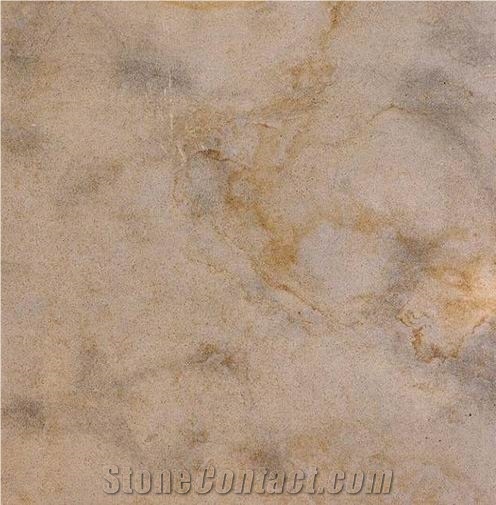Buffelspoort Sandstone
 South Africa
(Naboomspruit (Mookgophong), Limpopo, Northern Province)
South Africa
(Naboomspruit (Mookgophong), Limpopo, Northern Province)
As a kind of beige sandstone from South Africa, Buffelspoort Sandstone is commonly used in exterior, interior, wall cladding and so on. Buffelspoort Sandstone can also be called Golden Dawn Sand,Diamant Sandstone,Golden Sandstone,Golden Dawn,Golden Sunrise,Golden Dawn Sandstone,Golden Stone,Golden Sunrise Sandstone,Diamond Sandstone,Multicolor Sandstone.

How thick is South Africa's Buffelspoort Sandstone slabs?

Can South Africa's Buffelspoort Sandstone be used in floor coverings?

Can South Africa's Buffelspoort Sandstone be used in a bathroom?

Are there color variations of South Africa's Buffelspoort Sandstone?

Is South Africa's Buffelspoort Sandstone an expensive stone?

Can South Africa's Buffelspoort Sandstone be used exterior applications in hot climates?

Can South Africa's Buffelspoort Sandstone be used outdoors?

What grade is South Africa's Buffelspoort Sandstone?
-

-

 South Africa
South Africa
Contact Supplier
-

Xiamen Dingjun Trading CO., LTD
 China
China
 6YRDiamond members are premium members on platform, providing members with comprehensive approach to promoting their products, increasing products exposure and investment return to maximize.
6YRDiamond members are premium members on platform, providing members with comprehensive approach to promoting their products, increasing products exposure and investment return to maximize.
 Verified Supplier is for prove company authenticity,including business license,trade license and effective office space,to enhance buyers' trust to suppliers and their products, reducing communication costs.
Verified Supplier is for prove company authenticity,including business license,trade license and effective office space,to enhance buyers' trust to suppliers and their products, reducing communication costs.
Contact Supplier
-

-

-

Xiamen Dingjun Trading CO., LTD
 China
China
 6YRDiamond members are premium members on platform, providing members with comprehensive approach to promoting their products, increasing products exposure and investment return to maximize.
6YRDiamond members are premium members on platform, providing members with comprehensive approach to promoting their products, increasing products exposure and investment return to maximize.
 Verified Supplier is for prove company authenticity,including business license,trade license and effective office space,to enhance buyers' trust to suppliers and their products, reducing communication costs.
Verified Supplier is for prove company authenticity,including business license,trade license and effective office space,to enhance buyers' trust to suppliers and their products, reducing communication costs.
Contact Supplier
-

Xiamen Dingjun Trading CO., LTD
 China
China
 6YRDiamond members are premium members on platform, providing members with comprehensive approach to promoting their products, increasing products exposure and investment return to maximize.
6YRDiamond members are premium members on platform, providing members with comprehensive approach to promoting their products, increasing products exposure and investment return to maximize.
 Verified Supplier is for prove company authenticity,including business license,trade license and effective office space,to enhance buyers' trust to suppliers and their products, reducing communication costs.
Verified Supplier is for prove company authenticity,including business license,trade license and effective office space,to enhance buyers' trust to suppliers and their products, reducing communication costs.
Contact Supplier
-

Xiamen Dingjun Trading CO., LTD
 China
China
 6YRDiamond members are premium members on platform, providing members with comprehensive approach to promoting their products, increasing products exposure and investment return to maximize.
6YRDiamond members are premium members on platform, providing members with comprehensive approach to promoting their products, increasing products exposure and investment return to maximize.
 Verified Supplier is for prove company authenticity,including business license,trade license and effective office space,to enhance buyers' trust to suppliers and their products, reducing communication costs.
Verified Supplier is for prove company authenticity,including business license,trade license and effective office space,to enhance buyers' trust to suppliers and their products, reducing communication costs.
Contact Supplier
-

The request includes: 1. surface finished, size 2. quantity required






